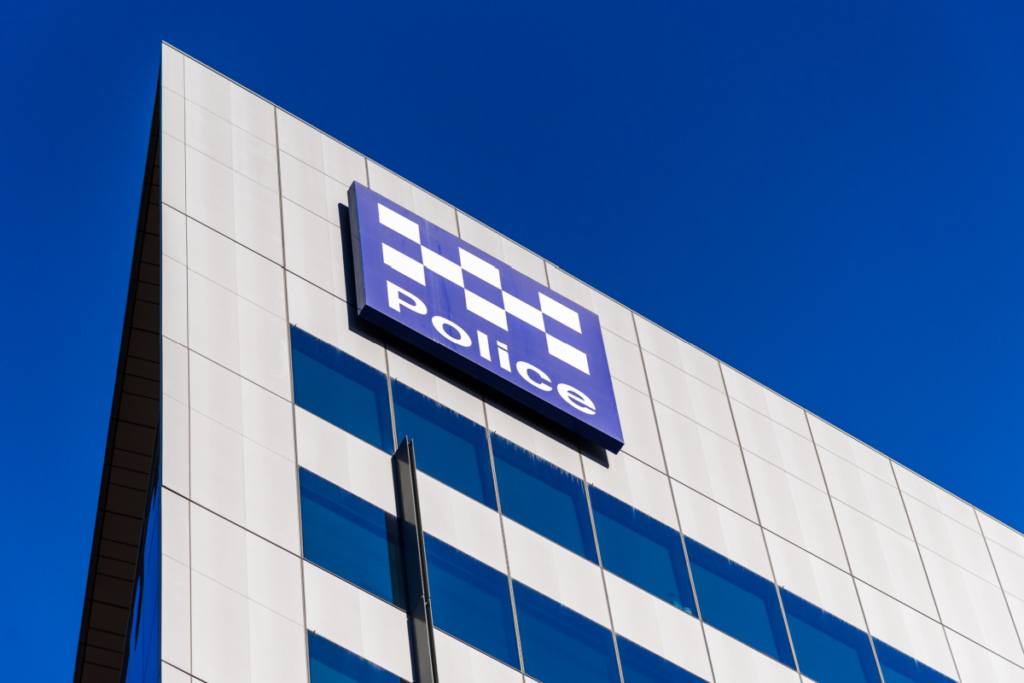A report by UNSW has revealed a twentyfold increase in the number of strip searches performed by NSW police over the past 12 years.
The report titled “Rethinking Strip Searches by NSW Police” examines the operation of strip search laws in Australia.
The report criticises NSW police for “not turning their minds to the legal requirements for conducting strip searches”,
Strip searches are regarded as the most invasive form of personal search procedures available to police without a court order. They should be a procedure of last resort. However, the report casts serious doubts on whether they are being conducted in accordance with the criteria set out in the Law Enforcement (Powers and Responsibilities) Act.
Alarming statistics
A number of alarming statistics were revealed by the report. Some of the key findings are as follows:
- According to the report, there were 277 strip searches conducted in NSW in the 12 months leading up to 30 November 2006. In comparison, 5483 strip searches were conducted in the 12 months leading up to 30 June 2018.
- In the 2017-2018 financial year, only 30% of strip searches resulted in criminal charges.
- Aboriginal and Torres Strait Islander People accounted for 10% of all recorded strip searches in the field and 22% of all recorded strip searches in custody.
- 91% of strip searches are conducted on the grounds that police suspect that a person is in possession of a prohibited drug.
Recommendations
The report calls on the government to amend the Law Enforcement (Powers and Responsibilities) Act. Some of the suggested amendments include:
The law must be clearer on what a strip search is
Specifically, legislation should expressly prevent police from touching a person’s body or visually examining a person’s genital area. It should also expressly prohibit the common police practice of forcing a person to squat, contort their body or cough.
The law must be clearer on when police can conduct a strip search
In order to address the current police practice of conducting strip searches for possession of prohibited drugs, strip searches should be limited to circumstances where there is a reasonable suspicion that the person has committed or is about to commit an offence of supply of a prohibited drug.
The legislation should outline that the required suspicion cannot be solely based on an indication from a drug detection dog, or the failure of a personal search to yield any prohibited substances.
The legislation should also outline that a strip search is permissible in circumstances where there are reasonable grounds to believe that the strip search is necessary to prevent an imminent risk to personal safety or to prevent the immediate destruction of evidence.
It should be made explicit that strip searches are NOT to be undertaken if there is a less invasive alternative
At present, police are not obligated to conduct the least invasive search necessary (if it is not reasonably practicable to do so).
Preferences should be sought regarding the gender of searching officers
Under current practices, a search must not be conducted of a person of the opposite sex. Police should be required to ask all people their preference regarding the gender of the officer conducting the search. These preferences should be adhered to unless it is necessary to carry out an immediate search in an emergency situation.
Key Takeaways
- Traffic laws in NSW encompass rules for safe driving, speed limits, alcohol limits, and penalties for violations.
- Criticisms include unclear laws on what constitutes a strip search and when it's justified, often leading to potentially invasive practices.
- Recommendations include clearer legislation, restrictions on circumstances allowing strip searches, and respect for individuals' preferences regarding the gender of the searching officer.
- Individuals subjected to strip searches have rights, including the right to remain silent and to seek legal advice.
Selected for a strip search? Know your rights
Being selected for a police search can be a very daunting experience. It is important to remember that you are generally not under any obligation to answer questions put to you by police.
If the police choose to search you it is best to remain calm and cooperative. However, you should never tell the police that you are consenting to a search. If you give the police your consent, they don’t have to prove that they had reasonable grounds to search you.
Always seek legal advice before consenting to a police interview or speaking further with police. It is your right to have a lawyer present during a police interview and the police must comply with this request.
If you have concerns about the legality of a police search or have been charged as a result of a police search, you can contact the team at Hamilton Janke Lawyers 24/7 by calling 4038 1666.
Written By

James Janke
James Janke is founding partner at Hamilton Janke Lawyers, and has more then decade of experience as a Criminal Defence Lawyer. Admitted to both the Supreme Court of New South Wales and High Court of Australia




